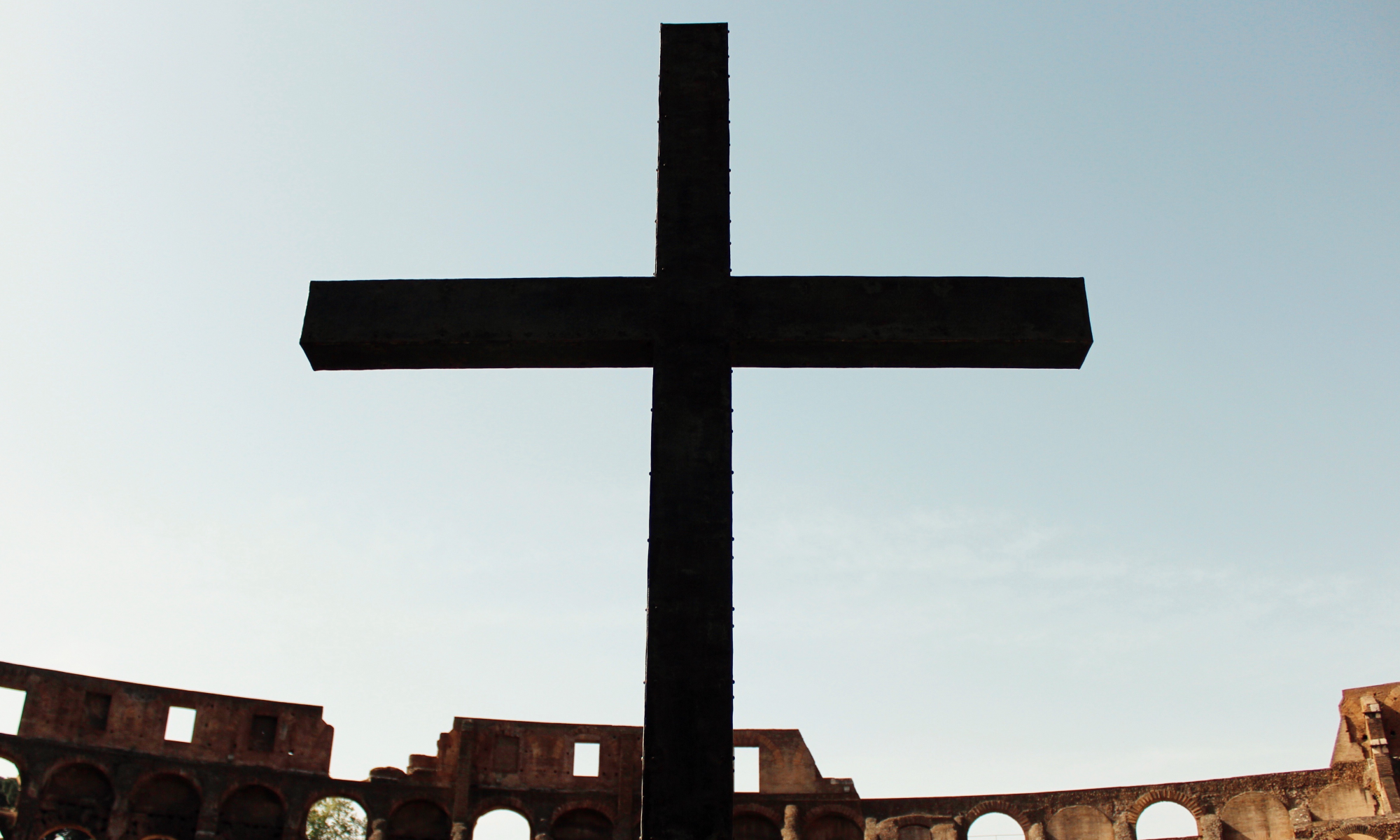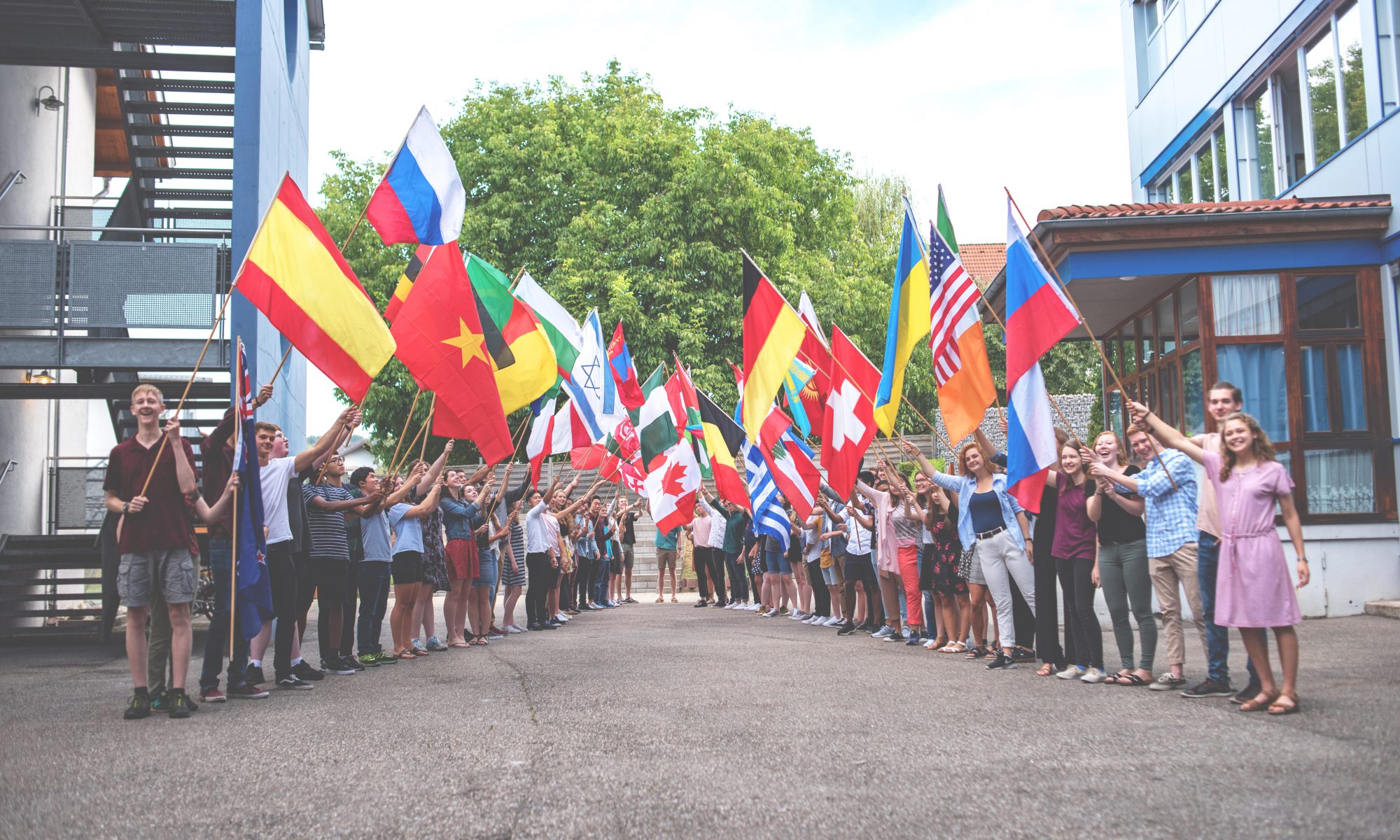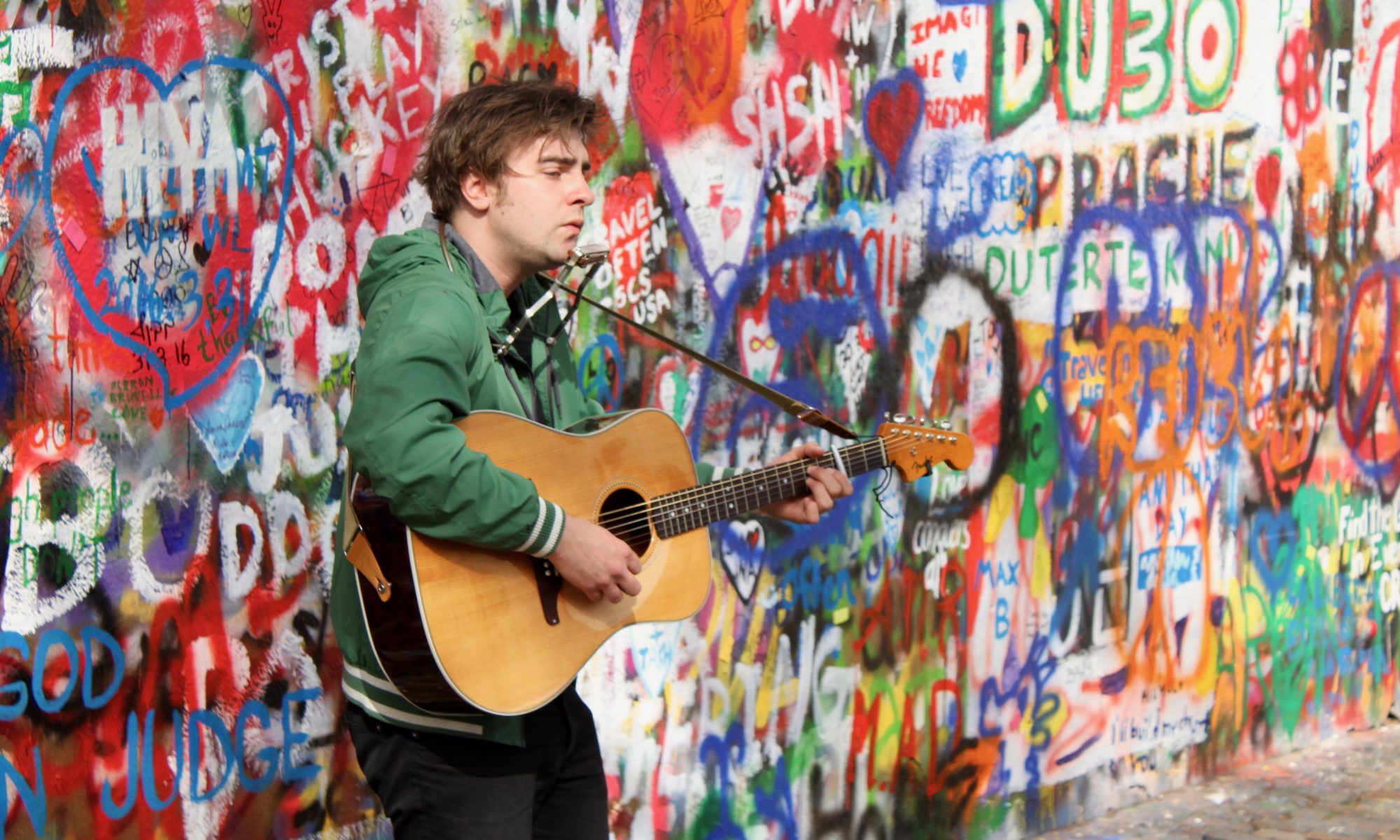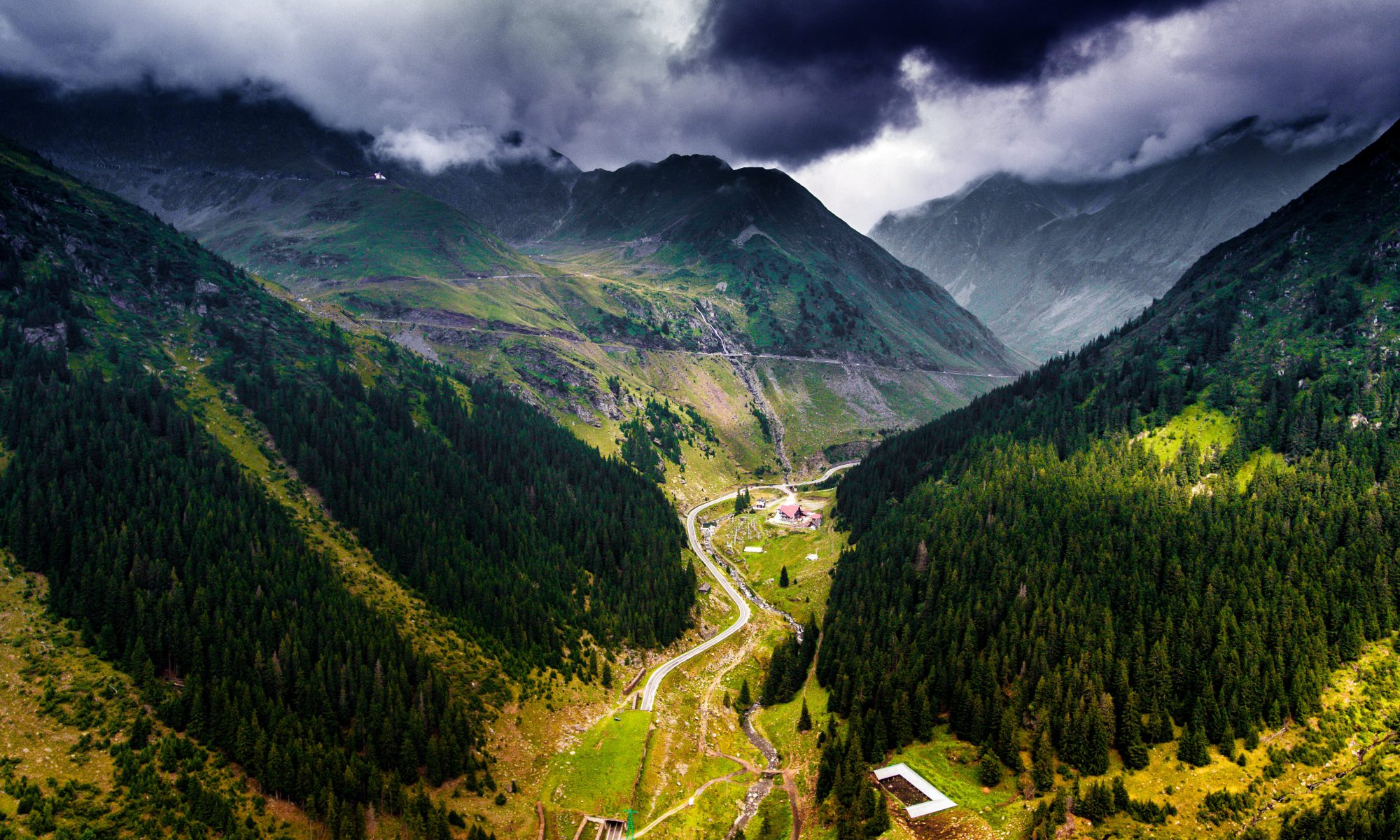The idea of a new year is revitalizing; we can start afresh, establish new goals, and envision a year full of potential. Sure, there are uncertainties, but in those uncertainties, there is excitement – we can’t wait to see what the new year will bring!
Now, as we entertain the thoughts of entering 2022, let’s shift our focus from anticipating a new year, to anticipating a new culture; let’s imagine the feelings and experiences an appointee has as they step foot onto the field for their first year as a long-term missionary.
Crystal, Sharon, and Alex have all experienced the highs-and-lows of serving overseas. They’ve had to say goodbye to family and friends back home, learn new languages, and transition into new cultural norms; and although they’ve each had experience in serving on short-term mission trips beforehand, the transition to serving long-term in a new culture is something entirely different.
“It’s harder than you think it’s going to be, but that’s okay… God is more faithful than you think He is,” Alex reflects. “You realize just how much of what you thought about God and what you thought about yourself is tied to the place you came from, and that gets taken away from you. You find that your identity comes from much deeper things than you thought they were back home.”
Fortunately, those serving with GEM are prepped beforehand with what they might expect emotionally once overseas. Even so, all three of our interviewed missionaries can attest to experiencing the varying emotions that come with living cross-culturally. “The first 2 or 3 months I was still in the honeymoon phase; I was just so grateful to God because it was so hard to get there – I didn’t want to take anything for granted,” Crystal remembers. “In about month 4 I started to notice the culture shock of ‘okay, not everything is as easy as [it was back home]’, and I realized I stopped smiling at people.” It didn’t take too long for Crystal to get back to her own rhythm, though, and soon felt more comfortable and at home in her new environment.
Sharon remembers the transition she experienced, with a mother’s perspective; “I was totally out of my zone; It was just way more difficult for me [than the rest of my family]. Once the kids were okay, then I started to process. So, you don’t really do it all together, everyone transitions at a different pace.” Sharon goes on to remember some of the hard moments she had; “It’s going to put stress and pressure on you that you didn’t know exists. Asking for help is something I wish I had done more.”
“I’ve gone through many of those stages,” Alex recalls, “You get days when everything just annoys you and you don’t know why, and you get other days when you’re like, ‘Well, I’m on an adventure, I get to explore this new place and meet different people and see different places,’ and a lot of homesickness happens as well.”
Moving to a new land with the challenges of a new culture and language, all for the sake of the gospel, often begins the same way we enter a new year – with excitement, anticipation, and a willingness to embrace the unknown. To have a successful experience, though, we must remember to stay connected to the Vine; “None of it matters if you’re not doing it with Jesus,” Crystal proclaims, “because that overflows into everything God is calling you to do – and you can’t pour out what you don’t have!”
Please pray with me for those experiencing their first year on the field. May they experience God’s peace even when it seems hard, and grace to complete the work that the Lord has led them to do!









